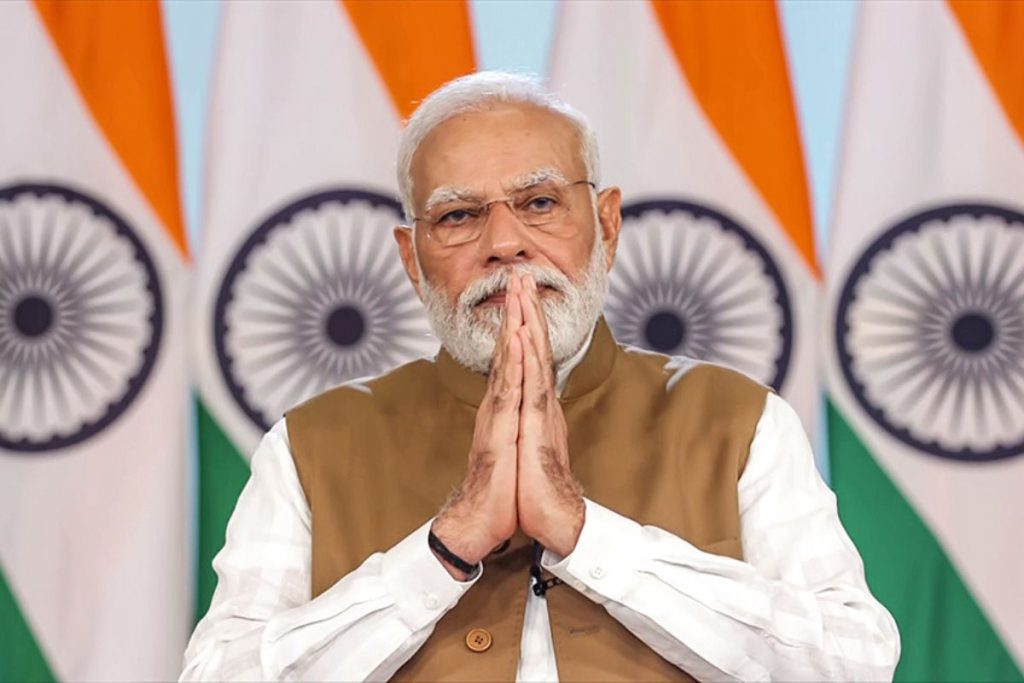Context:
The world is celebrating the World Sanskrit Day (Vishva-Samskrita-Dinam) on 19 August this year.
More on the news
- It is observed on Shravana Purnima (Full Moon), to promote the ancient Sanskrit language as its rich heritage language.
- The first World Sanskrit Day was celebrated in 1969.
Sanskrit language
- The word Sanskrit is formed from “sam + krit” where the (sam) prefix means (samyak) ‘entirely’ or ‘wholly’ or ‘perfectly,’ and krit means ‘done.’
- Sanskrit is an old Indo-Aryan, primary liturgical language of the Hindu culture with a documented history of nearly 3,500 years.
- It was declared a classical language in 2005, it is known to be highly scientific in its structure.
- Sanskrit is known for its scientific structure, unique phonology (speech sounds), and morphology (word formation).
- In India, less than a percentage of its population speaks Sanskrit.
- Sanskrit is the oldest language and it is considered as ‘mother of all languages’.
- It is often referred to as the “language of the gods,” as it is a vibrational language with great spiritual and healing ability rather than just an archaic dialect.
- Sanskrit is declared an official language of Uttarakhand.
- Sudharma is the only Sanskrit daily newspaper in the world. The newspaper has been published since 1970 from Mysore in Karnataka, India and is also available online.
- America has a University dedicated to Sanskrit and NASA also has a department to research Sanskrit manuscripts.
- World Sanskrit Day serves as a reminder of the language’s rich history, cultural significance, and its potential for continued relevance in today’s world.

